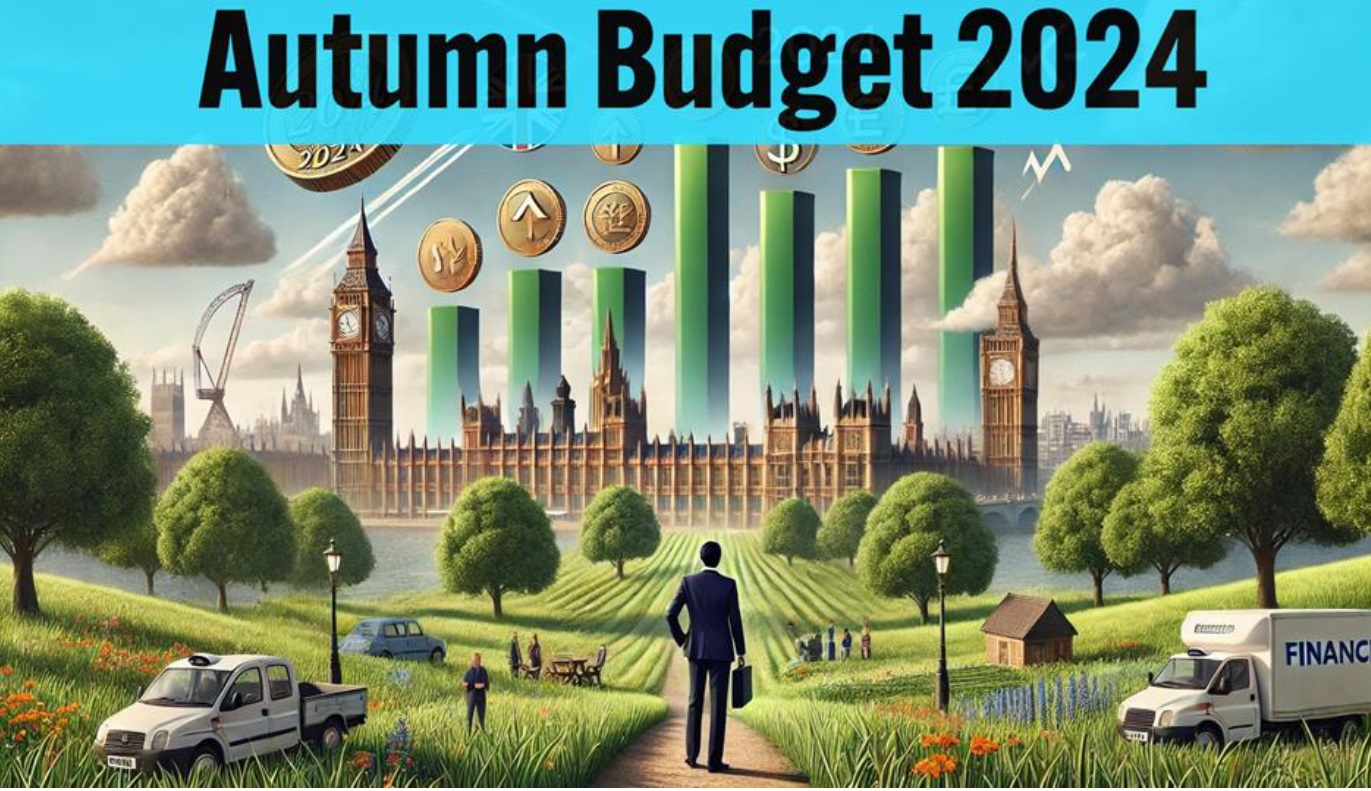The 2024 UK Autumn Budget: A Bold New Era of Fiscal Reform and Investment
In a sweeping and ambitious 2024 Autumn Budget, Chancellor Rachel Reeves has set the stage for what she calls a “decade of national renewal.” It’s a vision framed around revitalising public services, bolstering economic stability, and reforming the tax system to align with modern demands. With a massive £40 billion tax initiative and expansive funding for health, education, and green infrastructure, the budget represents Labour’s first opportunity in over a decade to reshape the British economy. Here, we unpack the key reforms and what they mean for businesses, individuals, and the country’s fiscal trajectory.
Major Tax Overhauls: Who Pays and How Much?
The Labour government’s strategy for funding its ambitious spending plan rests on significant tax reforms. These reforms largely focus on higher earners, corporations, and “luxury” goods, aiming to deliver essential resources to Britain’s strained public services. Here are the highlights:
National Insurance Contributions (NICs) for Employers
Employer National Insurance contributions will rise from 13.8% to 15%, effective April 2025, adding an estimated £25 billion per year to government revenue.
The NIC threshold will drop from £9,100 to £5,000, a shift intended to increase contributions while still protecting smaller businesses.
While the NIC increase has been tagged by some as a “jobs tax,” the government has raised the Employment Allowance from £5,000 to £10,500 to shield small businesses from higher costs. Reeves argues that this move is vital for bolstering the public sector and creating a fairer distribution of tax responsibility.
Capital Gains Tax (CGT)
As part of the government’s effort to increase contributions from higher earners, CGT rates have increased:
Lower Rate: Increased from 10% to 18%.
Higher Rate: Raised from 20% to 24%.
Property Gains: CGT for residential property sales is also set at 24%, removing preferential rates for property investors. Additionally, the government has tightened tax relief for business and agricultural assets, aiming to close loopholes and increase the tax base. These measures are forecast to generate £2.5 billion by 2026, which will help fund expanded public services.
Stamp Duty Land Tax (SDLT)
The stamp duty surcharge on second homes is rising from 3% to 5%, effective October 31, 2024. By targeting second-home purchases, the government hopes to alleviate some demand pressures on the housing market and make homeownership more accessible for first-time buyers. Economists expect this policy to generate revenue without disrupting the primary housing market.
VAT on Private School Fees
As one of the more controversial changes, VAT on private school fees will begin in January 2025. The government projects that the added revenue will support an additional £6.7 billion for public schools, including teacher recruitment, school repairs, and new special education programs. Reeves’s decision here resonates with Labour’s emphasis on funding essential services and leveling the playing field in education.
Minimum Wage
Amid these tax reforms, Reeves’s budget introduces a substantial increase to the National Minimum Wage.
A 6.7% increase will raise the minimum wage to £12.21 per hour by April 2025, bringing full-time minimum wage earners an extra £1,400 annually.
The wage rate for 18- to 20-year-olds will jump 16.3%, eventually creating a unified “single adult rate” for all workers.
This move is projected to benefit more than 2 million workers directly and reflects Labour’s commitment to addressing income inequality. While businesses have raised concerns that the increase could impact hiring, Labour counters that higher wages will enhance living standards and increase consumer spending, potentially boosting economic growth.
Conclusion
The 2024 UK Autumn Budget introduces transformative fiscal policies aimed at reshaping Britain’s economic landscape and strengthening the public sector.
With its focus on increased taxes for higher earners, targeted corporate contributions, and significant investment in essential services, this budget embodies Labour’s commitment to fostering a fairer and more resilient economy.
The new tax measures, coupled with a bold rise in the National Minimum Wage, reflect a dual effort to generate sustainable funding and address social inequality. As businesses and individuals adapt to these changes, the budget sets a clear direction toward a decade of renewal, prioritising equitable growth and economic stability.
This ambitious agenda marks the beginning of a new chapter in British fiscal policy, with profound implications for the nation’s future.









